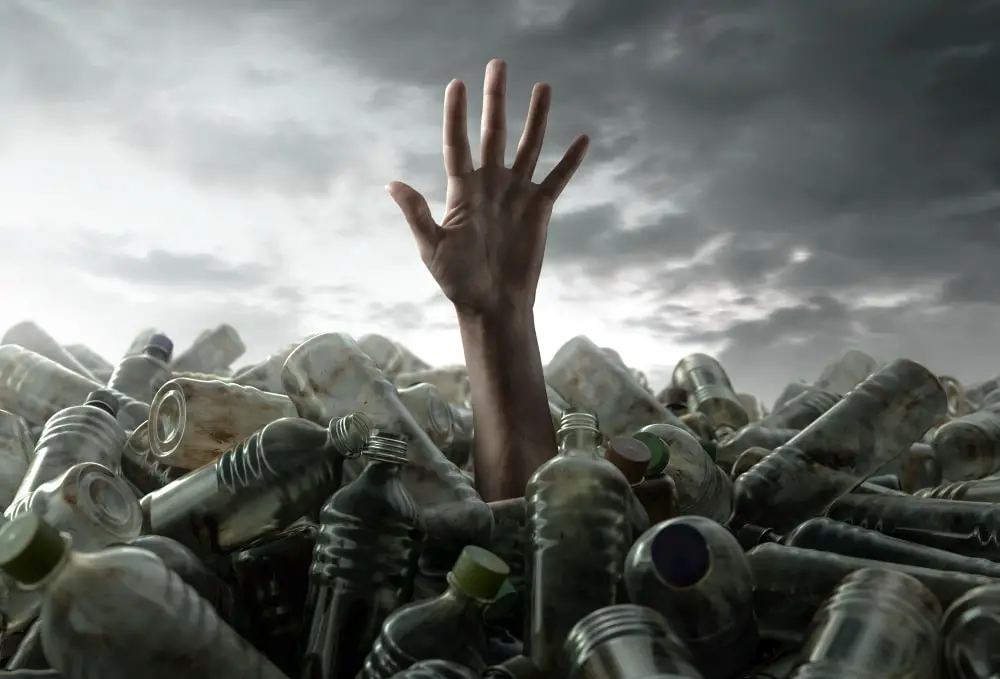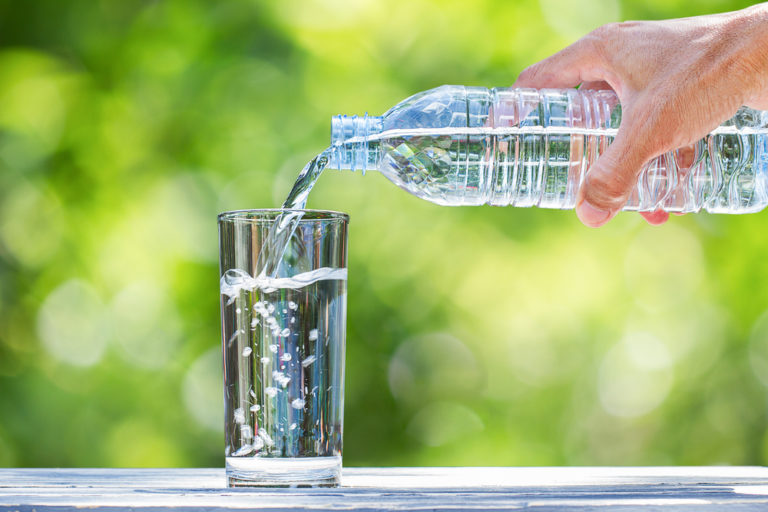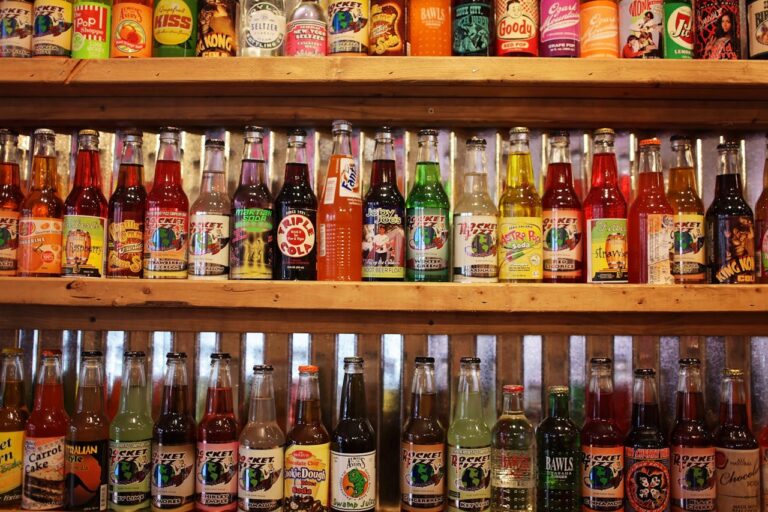Under the Canadian Environmental Protection Act (CEPA) plastic is now considered toxic in Canada. Following months of lobbying led by Canada’s plastic industry, the country should see serious bans on single-use plastic items. (1)
Canada Declares Plastics Toxic
Despite both the plastics and food industries trying to avoid the use of the word “toxic” in relation to plastics, Canada’s $28-billion plastics industry will soon see changes. Canada stuck to their guns, looking to develop measures to reduce plastic waste. “This is the critical step,” says Ashley Wallis, plastics campaigner for Oceana Canada. “It’s the key that unlocks so many possibilities to help us actually address the plastic pollution crisis.” (1)
3.3 Million Tonnes Of Plastic Annually
It makes sense that Canada declares plastics toxic considering the nation discards close to 3.3 million tonnes of plastic every year. Of this massive tonnage, less than 10% gets recycled. As a result millions of tons head to incinerators or landfills while contributing to pollution in rivers, lakes, and oceans. (1,2)
Ample Evidence: Canada Declares Plastics Toxic
According to a Canadian government science assessment in 2020, there is enough evidence to show that plastic harms the environment and kills seabirds, cetaceans, and other wildlife. Under the CEPA a substance can also be considered toxic when it harms:
- The environment
- Biodiversity
- Human health
- All of the above
“Once something is added to Schedule 1, the government actually has a requirement to act — so something needs to be done to address the issue,” explains Wallis. “It is possible they could choose not to regulate and just move forward with voluntary agreements, but I (think) they are planning to move ahead with their proposed ban on single-use plastics.” (1,3)
Canada Declares Plastics Toxic, Proposes Action
Back in the fall of 2020, Environment and Climate Change Canada (ECCC) released a proposal offering solutions to deal with the Canadian plastics issue. Proposed rules would ban six single-use plastic items including straws and six-pack rings. They would also develop incentives for companies to use recycled plastic. Perhaps best of all they would force plastic producers to pay for recycling of their own products. (1,4)
“Adding plastic manufactured items to Schedule 1 of (CEPA) will help us move forward on our comprehensive plan to keep plastics in the economy and out of the environment,” says Moira Kelly, press secretary to Environment Minister Jonathan Wilkinson. “It will allow us to implement our proposed ban of certain harmful single-use plastics, make producers responsible for their plastic waste, and introduce recycled content standards.” (1)
Canada Declares Plastics Toxic, Opposed By Plastic Industry
Not surprisingly the declaration is opposed by Canada’s plastics industry. The Chemistry Industry Association of Canada continues to lobby for an industry-led approach focusing on recycling. Plastic recycling was introduced by the industry back in the 1970s as an attempt to quell environmental concerns. However, recycling fails to address the growing issues. In fact, since recycling was introduced, it has only managed about 9% of Canada’s plastic waste. (1,4)
Days Of Recycling At An End
“I think the days of waiting for recycling to work are over,” says Karen Wirsig, program manager for Environmental Defence. They work closely with Oceana Canada, among many organizations pushing for more stringent plastics rules. “We need to reduce the amount of plastic that gets put on the market and therefore, into the environment. We need to find alternatives to plastics in many cases.” (1)
The group believes reuse should be prioritized above recycling. “Recycling is not on its own going to solve this issue. We would like to see additional commitments to (for instance) refillable beverage containers or reusable packaging or … reuse targets,” she says. “Those kinds of things are really going to enable the kind of circular economy we want to see.” (1)
Sources:
- https://www.nationalobserver.com/2021/05/13/news/canada-officially-tosses-plastic-toxic-bin
- http://publications.gc.ca/collections/collection_2019/eccc/En4-366-1-2019-eng.pdf
- https://www.canada.ca/en/environment-climate-change/services/evaluating-existing-substances/science-assessment-plastic-pollution.html
- https://www.canada.ca/en/environment-climate-change/services/canadian-environmental-protection-act-registry/plastics-proposed-integrated-management-approach.html











 Subscribe to Ask Dr. Nandi YouTube Channel
Subscribe to Ask Dr. Nandi YouTube Channel









